photo credit: Francis Gacad
Written by Patrick Chavis
I sat in front of Director Anna Miles at the Gypsy Den in Santa Ana, an artisan coffee shop that credits itself as Orange County’s original alt cafe. The Den is only a few feet away from the Wayward Artist, where I watched Miles’ West Coast production of “In the Green” in a small but intimate space at the Wayward Artist.
It was April 15th and the show’s second run. The room was dark and dimly lit, and ethereal music was playing and echoing off the walls of the space. The room was covered in white sheets. The only thing visible was the small band in the back: a harpist, drummer, keyboard player, and Anais Azul singing and looping their voice through a single microphone. The energy from the music, the cast, and the performance at this theater was intensely melodic. In my review, I described the direction from Miles as laser focused and purposeful but also loose and free. I understood what that meant then, but I understood it even more after talking to Anna and learning more about her perspective on directing, feminism, and Orange County theater.
Chapter 1: The Sacramento Stage
if you can see yourself [being happy] doing anything else, then you should do that, because [working in theater is so difficult]. I can’t see myself doing anything else.
Some people find the theater, but according to Miles, she’s known since she was a child.
A Sad Tale’s Best for Winter, workshopped with Noise Now at A Noise Within Theatre.
there’s sort of a notorious story of me when I was like, two and a half: I was on a coffee table dancing and shouting that I wanted to be an actress when I grew up.
This desire to be on stage continued through Miles’s childhood, and she performed her first play at the age of seven for a small theater company in Sacramento called Runaway Stage Productions.
[it] ended up being quite a toxic community theater space, but it gave me my first, you know, struggle in the theater.
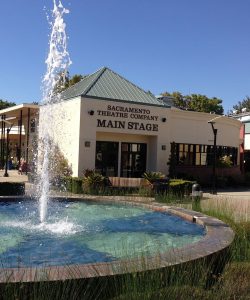
photo credit: Sacramento Theatre Company
Miles described this early theatrical moment as challenging, but it didn’t deter her from continuing to pursue theater. Instead, the experience instilled a level of skepticism and sensitivity to red flags when working with others. Miles describes this as a good thing that has aided her in her future professional life. At 15, Miles was already acting professionally at the Sacramento Theatre Company, a regional theater in the area. While working at the Sacramento Theater Company, she learned there was more to theater than happy musicals and theatrical classics. There was a girth of modern and experimental options.
She continued her theater education at Northwestern, a prestigious theater program in Evanston, Illinois, and followed it up with an MFA (Master in Fine Arts) from Brown University/Trinity Repertory Company. At Brown/Trinity in Rhode Island, she still pursued acting at the time. The program was very holistic, and in some ways, the experience inspired her to try a more experimental approach to theater.
Hamlet Brown Trinity Rep M.F.A. Programs in Acting
it did very much influence [my directing style]. [though] I do have a little bit of the natural experimental weirdness in me – that’s always what I’ve gravitated towards. one thing that I have in my head is when I was about four or five, I went to a children’s museum in the Bay Area, which is where my grandma lived. and there was a marionette show with like, old, creepy classic marionettes. And it was just this one guy with one marionette dressed
in a white nightgown. she started in a bed and she looked really sick. [it was] very uncanny valley – and then [the guy goes]. “shhh, my daughter is sick.” that’s all I remember. But it was this vivid image where I was like, “This is so weird. What is happening?” And I think I’ve been trying to recreate and harness that weird feeling.
Chapter 2: A Dream Show in Orange County
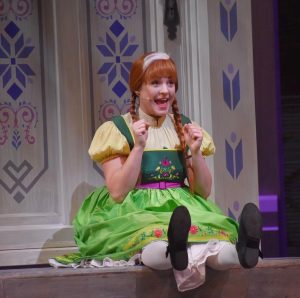
Young Anna Photo Credit: Amy Insta @Frozenlivefan
In 2016 Miles was given a job with Frozen Live at the Hyperion in Anaheim as a young Anna and Elsa. She took the job right after graduate school. She moved to Fullerton and worked the job up until the beginning of the pandemic. That halted her prospects at the time with Frozen Live. Luckily, during a coffee date with one of her friends, Brooke Aston Harper, she was introduced to the Wayward Artist, a small independent theatre in Santa Ana, for the first time.
Miles’ first direction project for the Wayward Artist was called JU1CE. It was a night of short one-act plays from playwrights all over the Orange County Area. A few months later, in April, she would direct her first feature-length play at the Wayward Artist, In the Green. In the Green is a musical play by Playwright Grace Mclean about a twelfth-century Catholic Saint Hildegard. The play chronicles her time in isolation with her mentor/anchoress Jutta.
I like to say that it was a passion project I didn’t know I had.
She had never heard of the show before Craig Tyrl, Artistic Director at The Wayward Artist, emailed her about directing, and she started researching on Wikipedia. Miles fell in love with the material instantly.
I got to [the song] “if I had a knee” [and i knew] I must direct this. So within 20 minutes, I emailed him back and I said yes, I want to direct this.
The vision for In the Green was a mixture of old and new.
I wanted us to create a unique, timeless, liminal space that did not feel modern or ancient. So I was really interested in marrying these two things together. [i wanted] to make something that sounded like neither, that sounded like its own thing completely.
Miles’ free creative approach to directing emanated throughout the infrastructure of the play.
For the most part, the script was [only] the lyrics and the words they’re saying, So I
had a lot of freedom as a director. Diane (Musical Director), Anais (Musician) and I had a three hour zoom where we went song by song, went through the entire score, listened to the soundtrack, and talked about what we wanted to do differently. It all came down to time and attention to detail.
Miles’ experience as an actor has profoundly affected her approach to directing.
I think that there’s as much emotional labor involved in directing, as there is creative labor. a lot of times actors and
designers get treated like they exist to make the director’s vision happen, to make the director look good. And for me, it’s the opposite. I am here to support the actors. They are the ones on the front lines. if something happens in the middle of the show, they’re the ones having to deal with it. it’s a much more vulnerable position to be in, which is [a] big part of why I’ve stopped acting. it just became [too] difficult for me to be looked at, to be watched that much.
Chapter 3: Anna Miles – Feminist Director
Miles considers herself a feminist director, but as the world changes, so does the idea of what it means to be a feminist director in 2023.
it’s undeniable that for decades, in our western civilization, the primary value has been placed on white male playwrights. Shakespeare is still considered the greatest playwright [by many] And there are a lot of people whose experiences are not [represented] in Shakespeares [work] at all.
Through her directing, Miles works tirelessly to challenge what’s traditionally valued within the canon.
Aesthetically, I love to operate in and subvert what is considered a stereotypically “feminine” aesthetic. So pastel colors, the white dresses, flowy fabrics, those kinds of things that within gender essentialism are historically attributed to women and little girls and therefore historically considered “less serious.” Practically, it’s about hiring women and non-binary people and producing plays written by women and non-binary people.
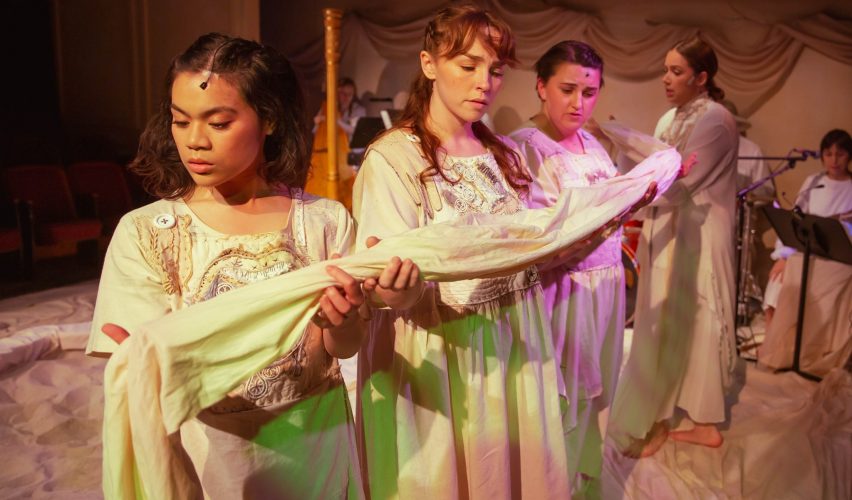
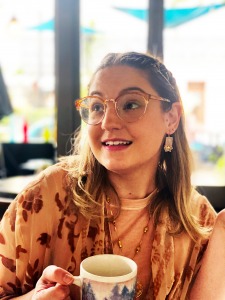
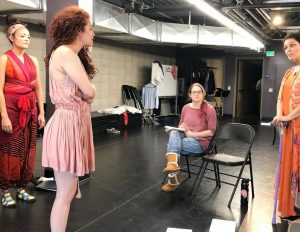
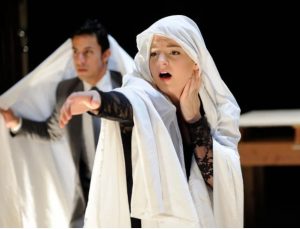







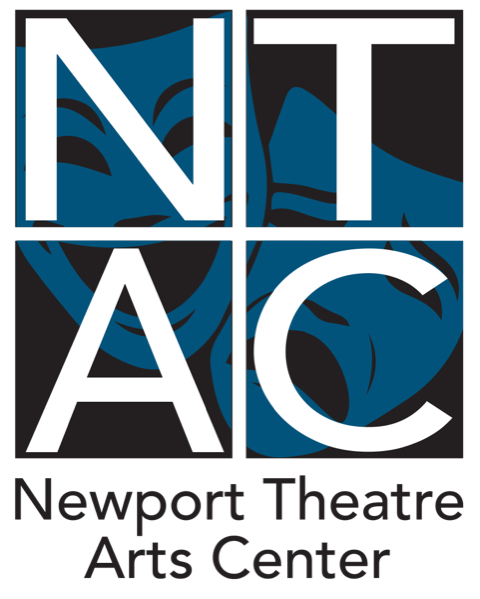


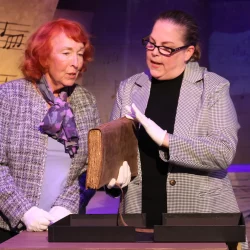
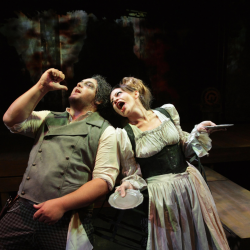
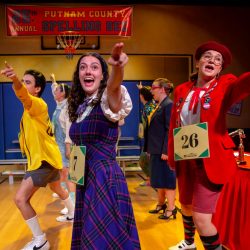
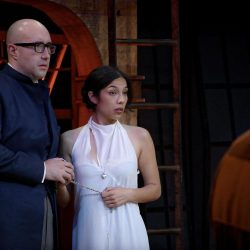
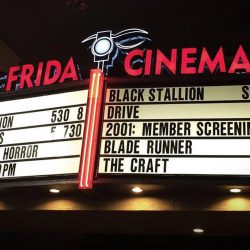

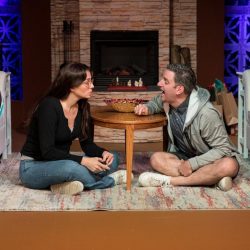

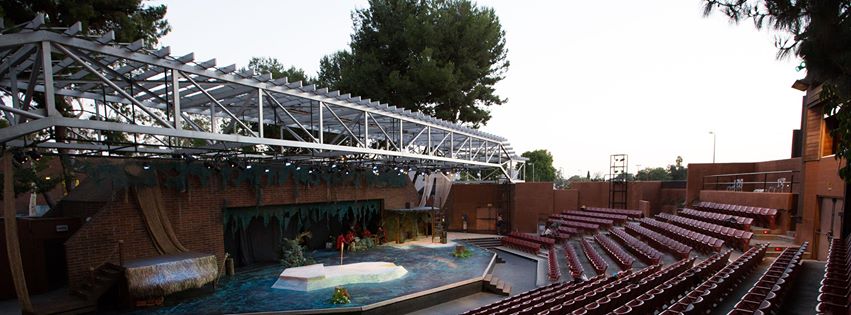
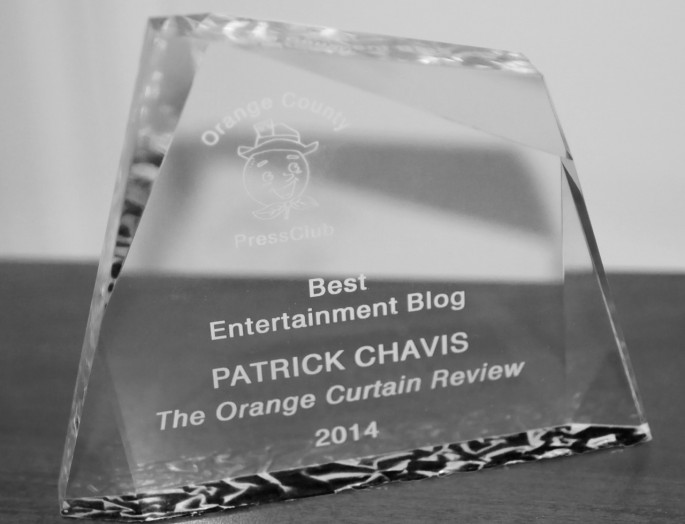
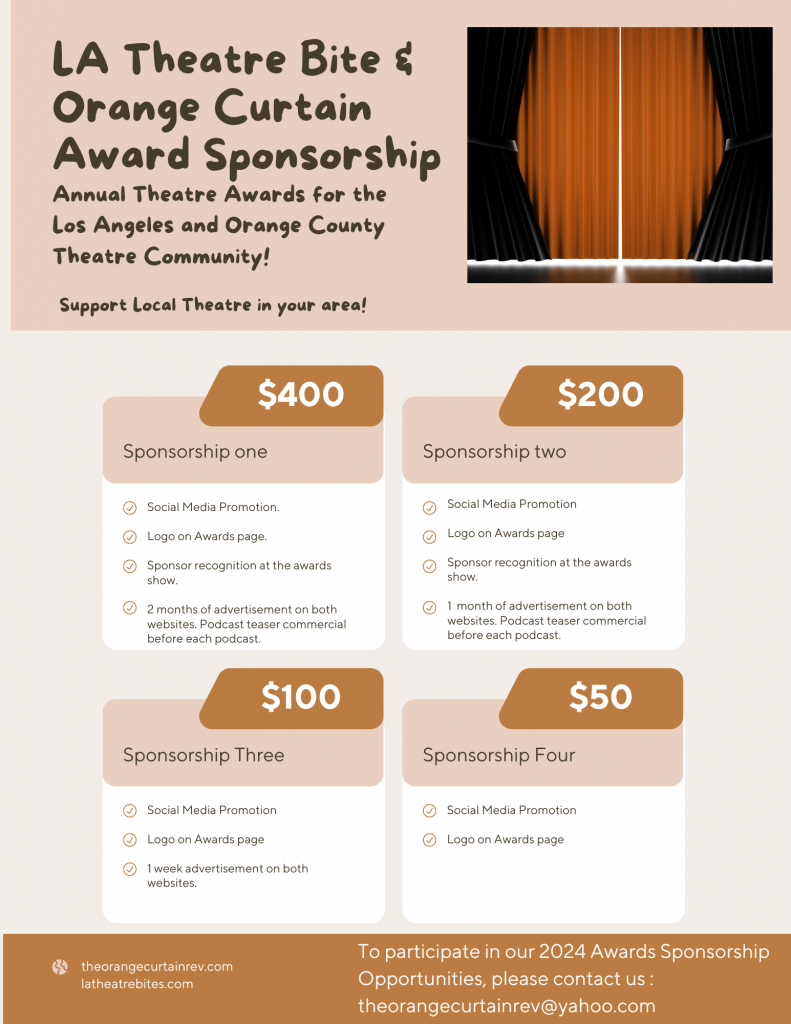
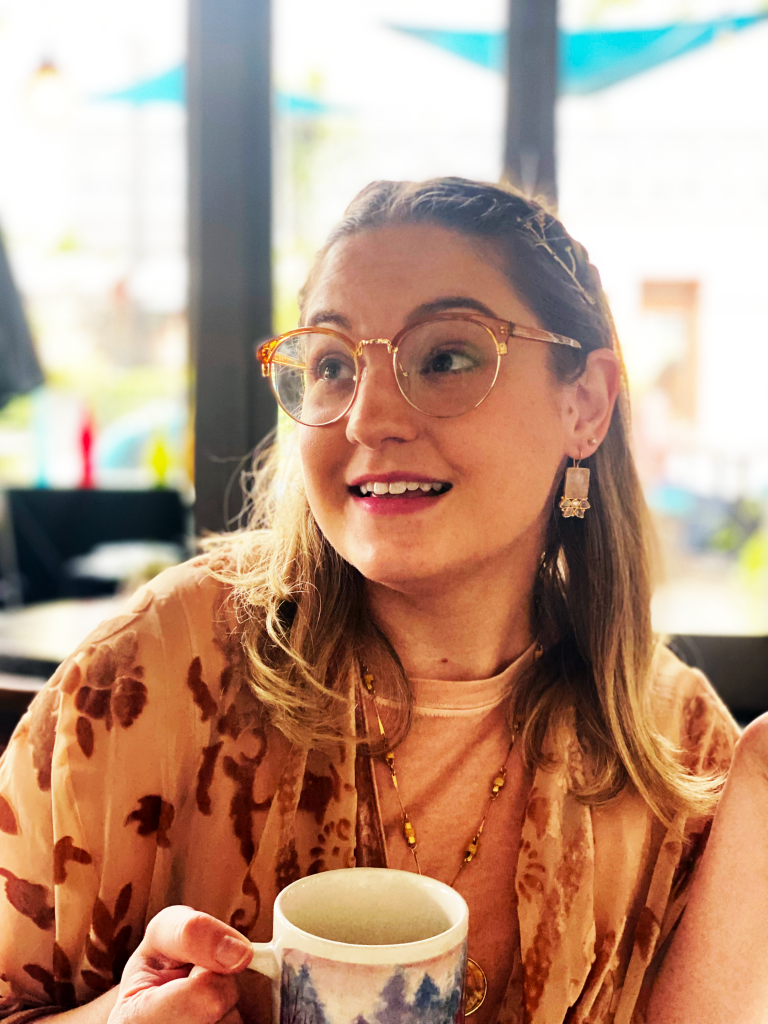
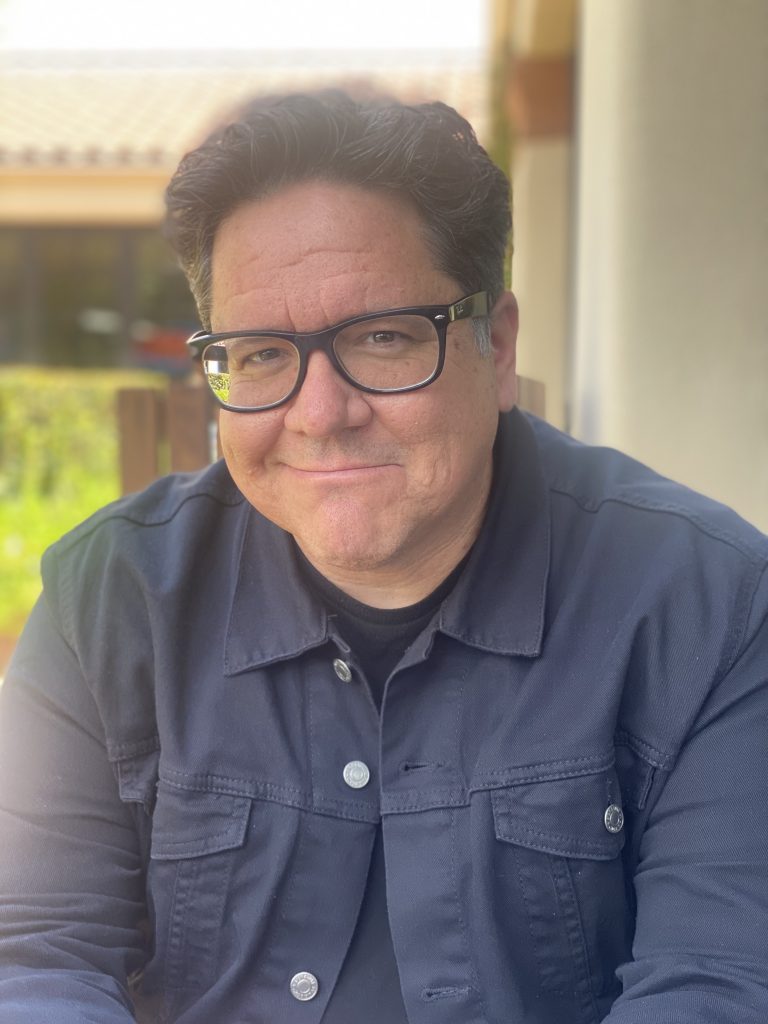

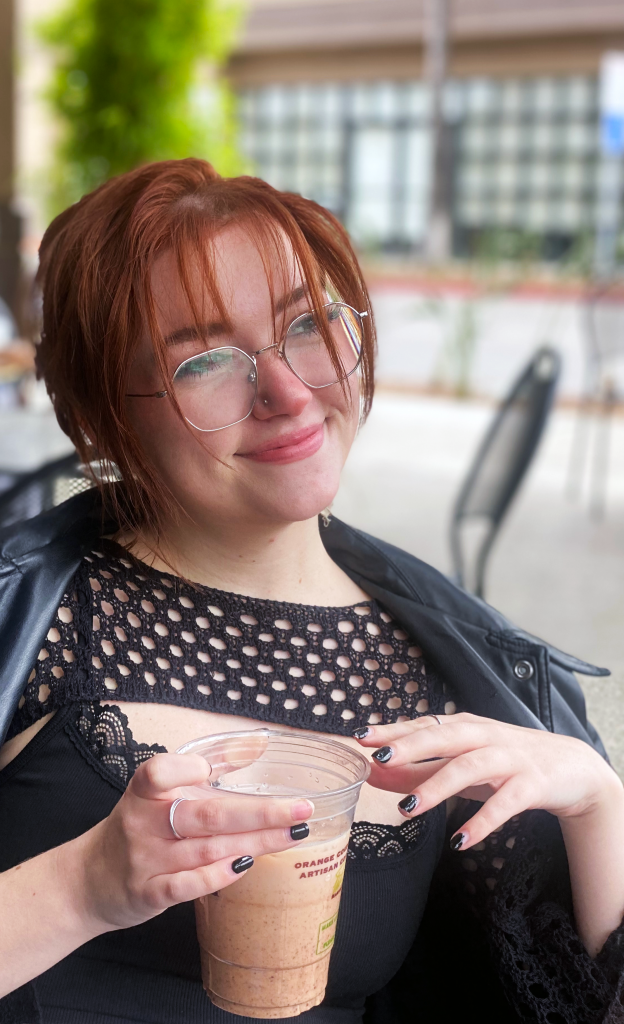
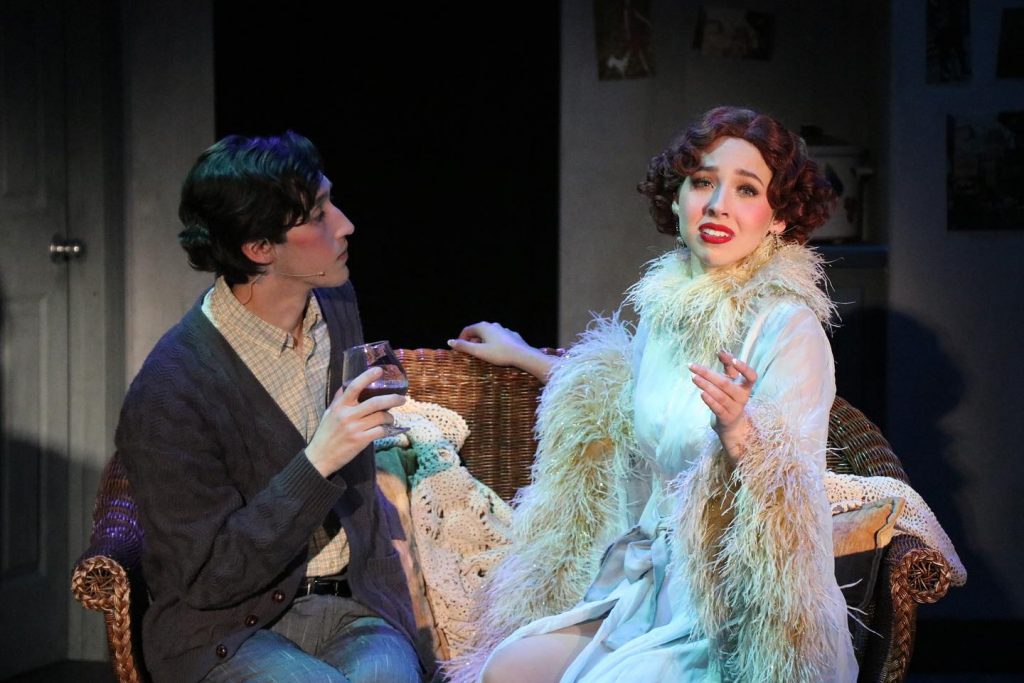
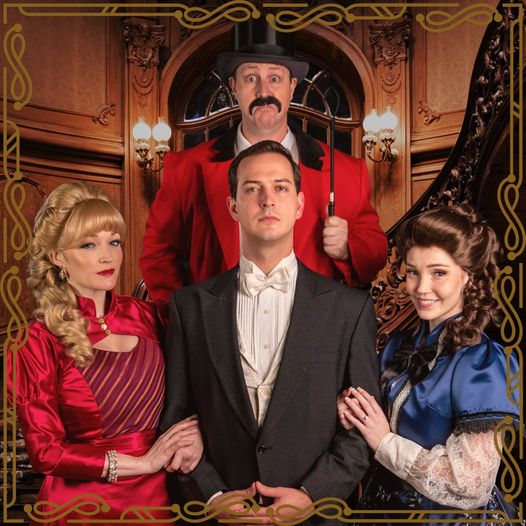
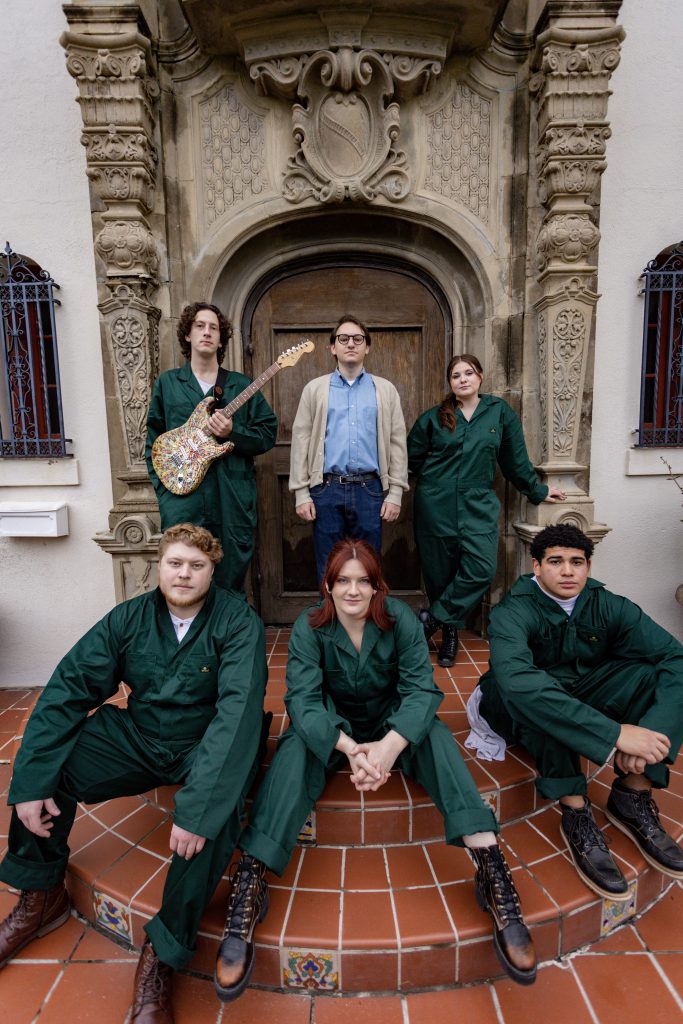
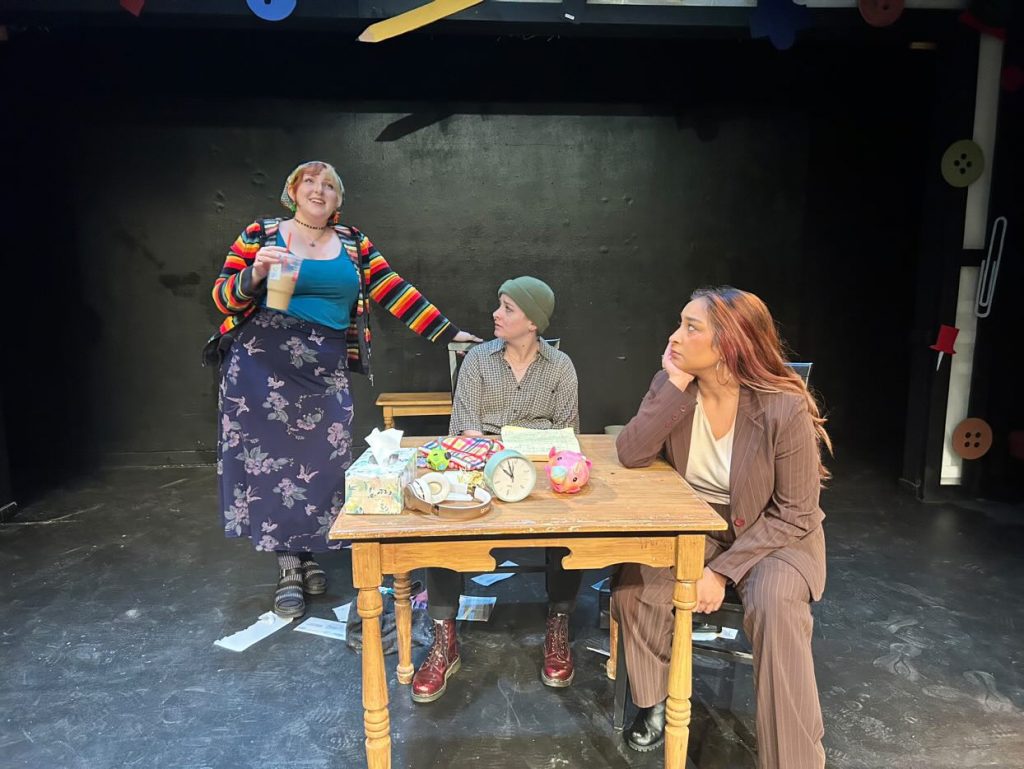
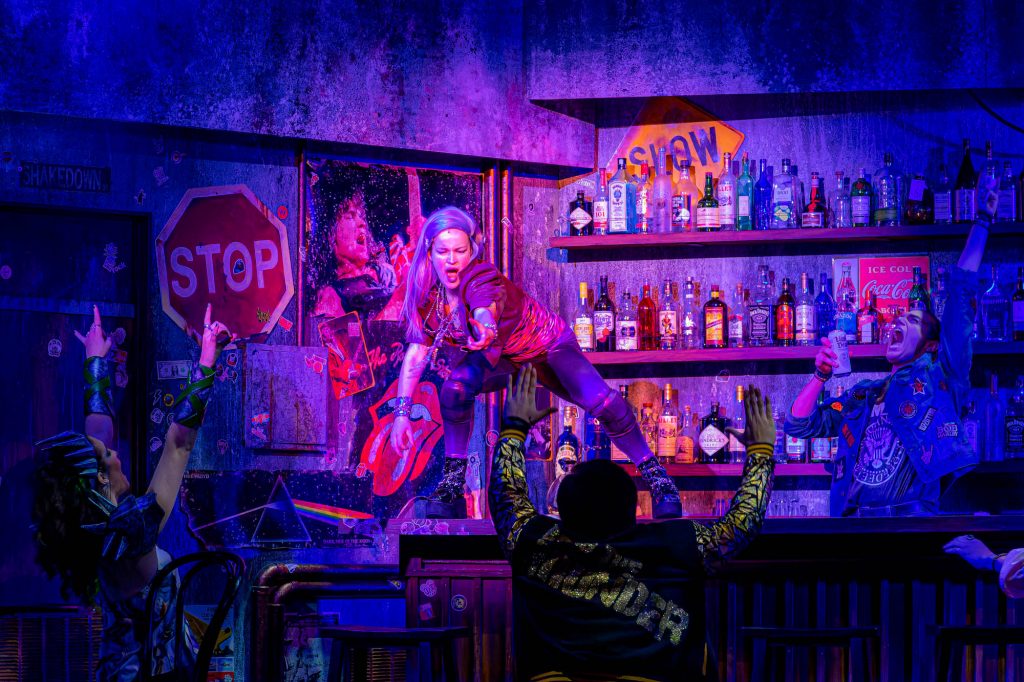
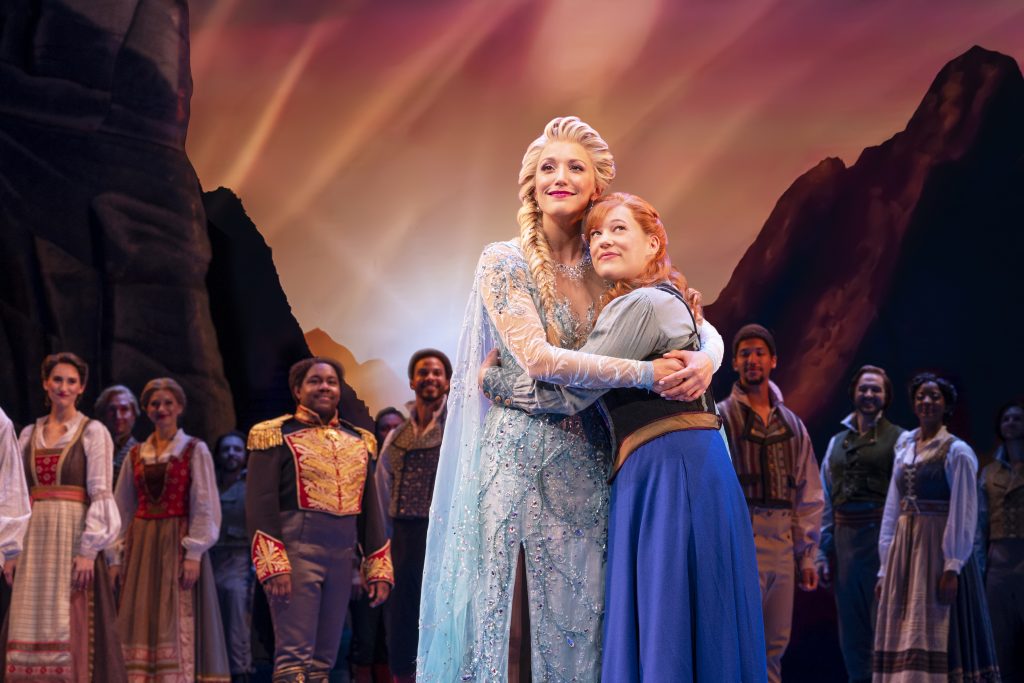
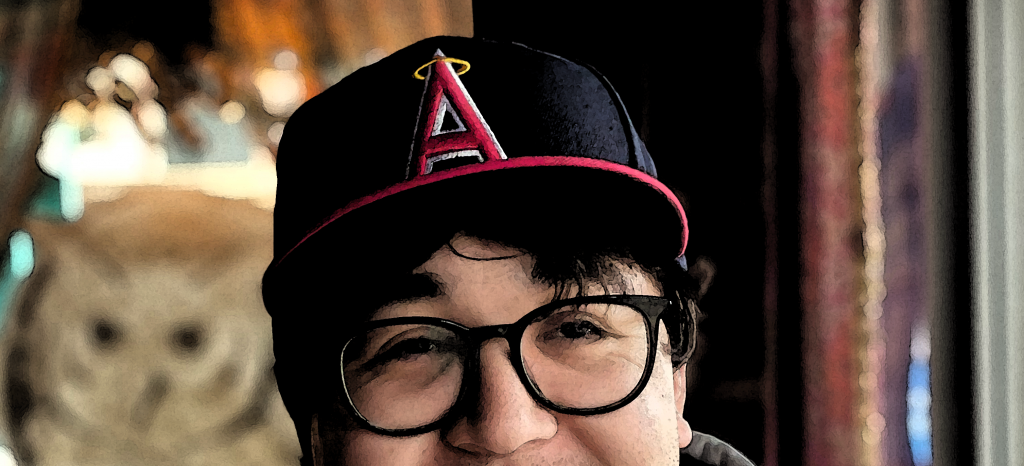
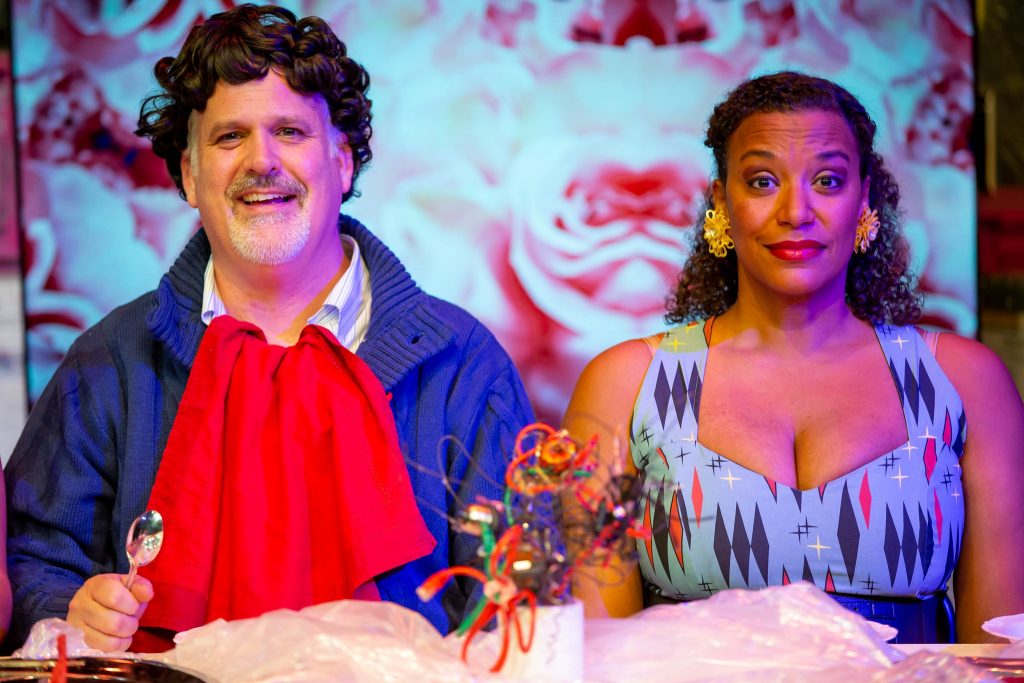
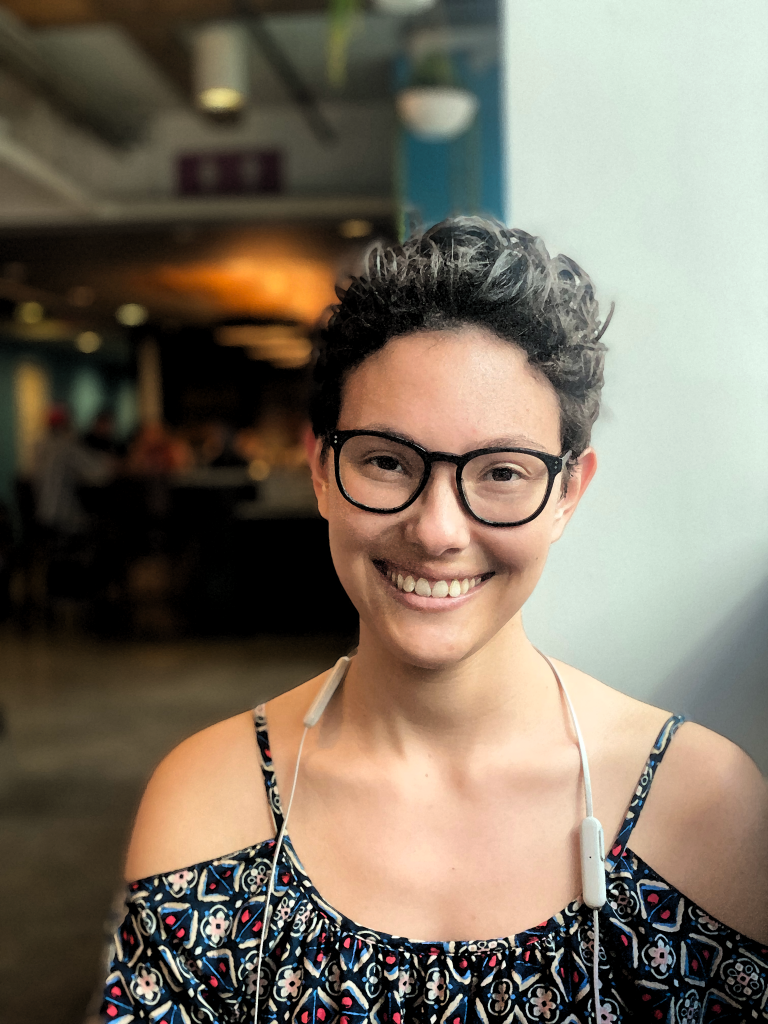
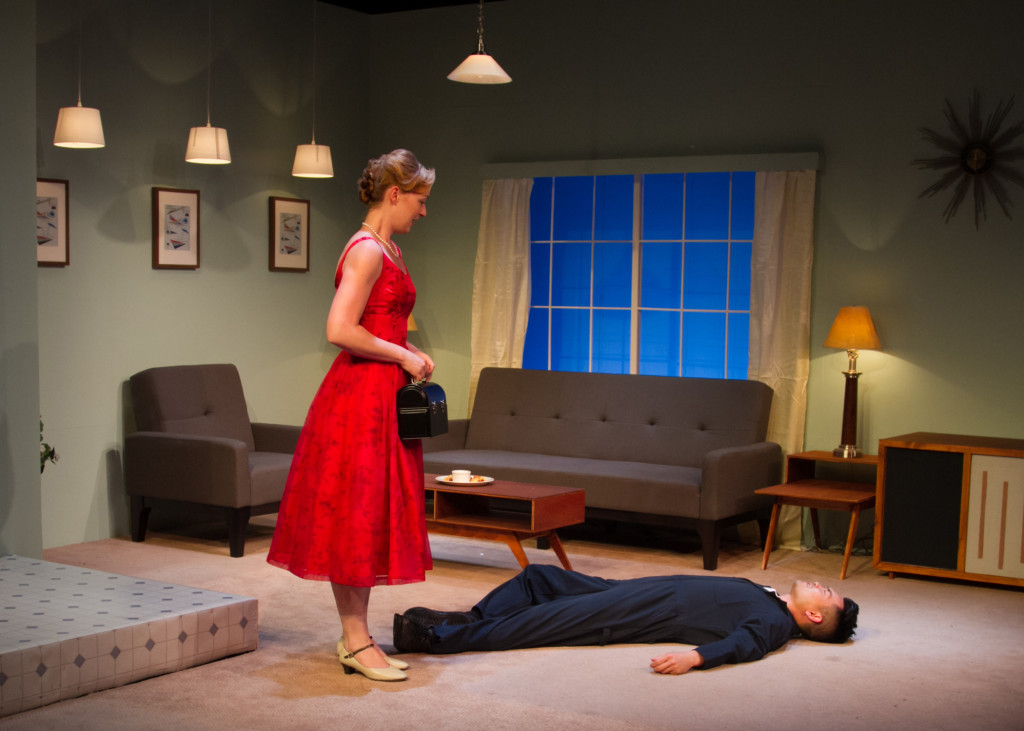
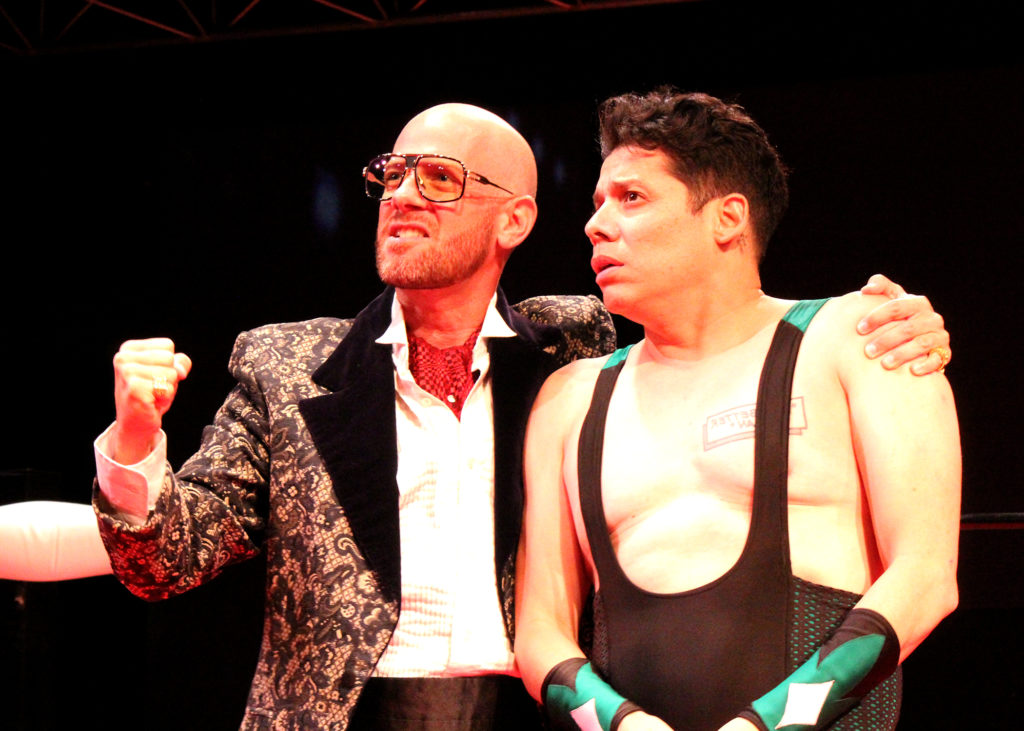
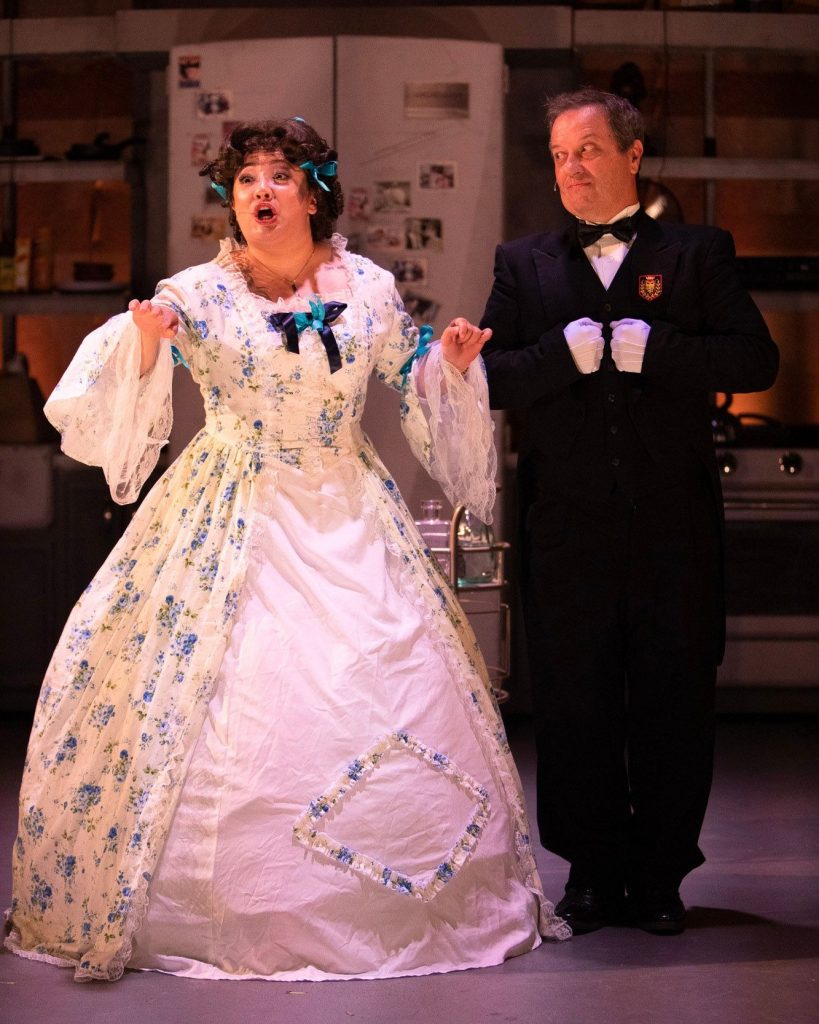

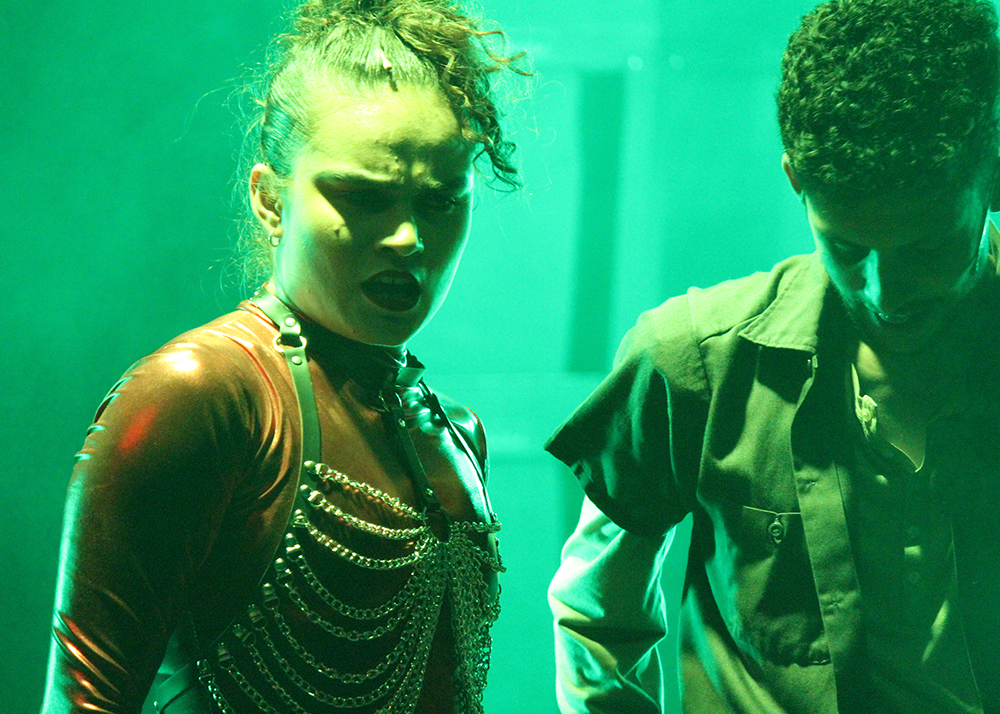
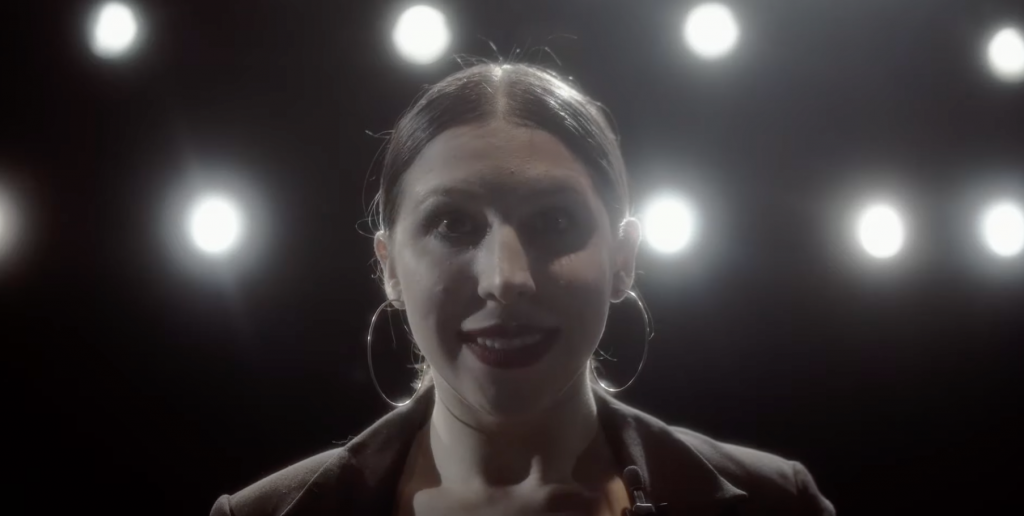
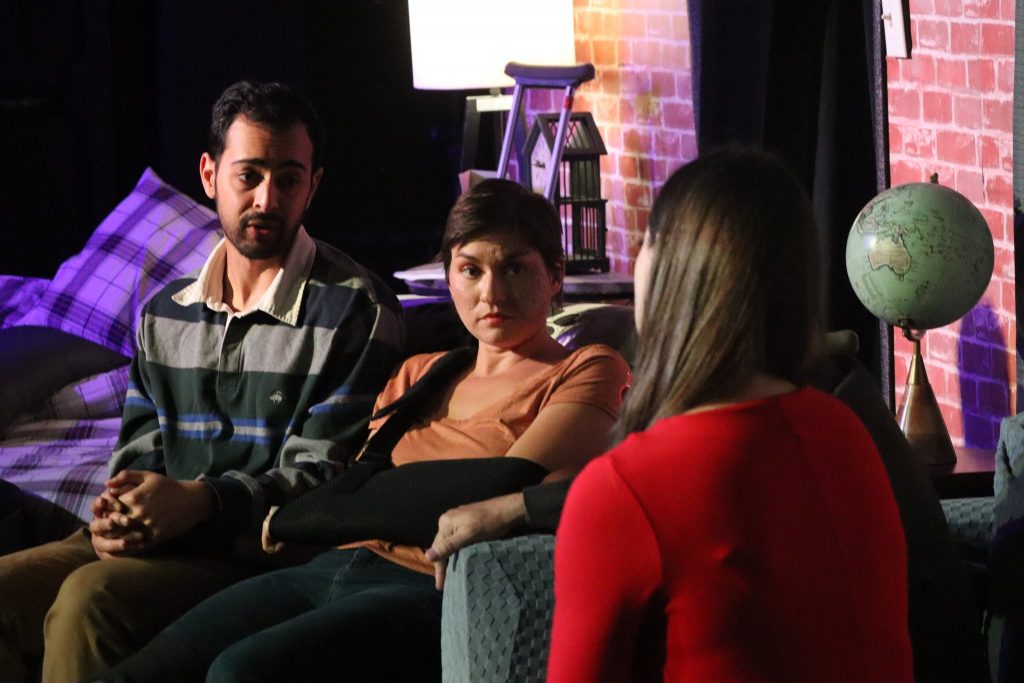
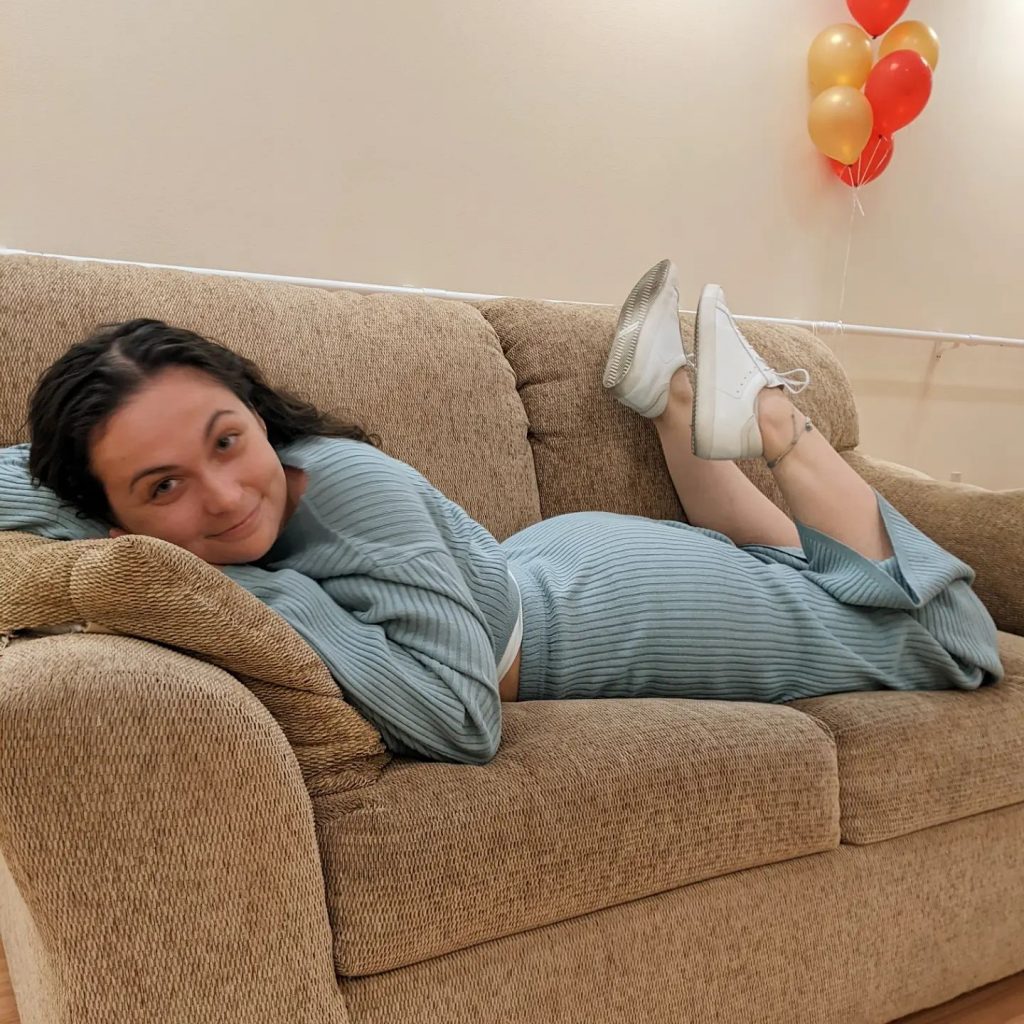
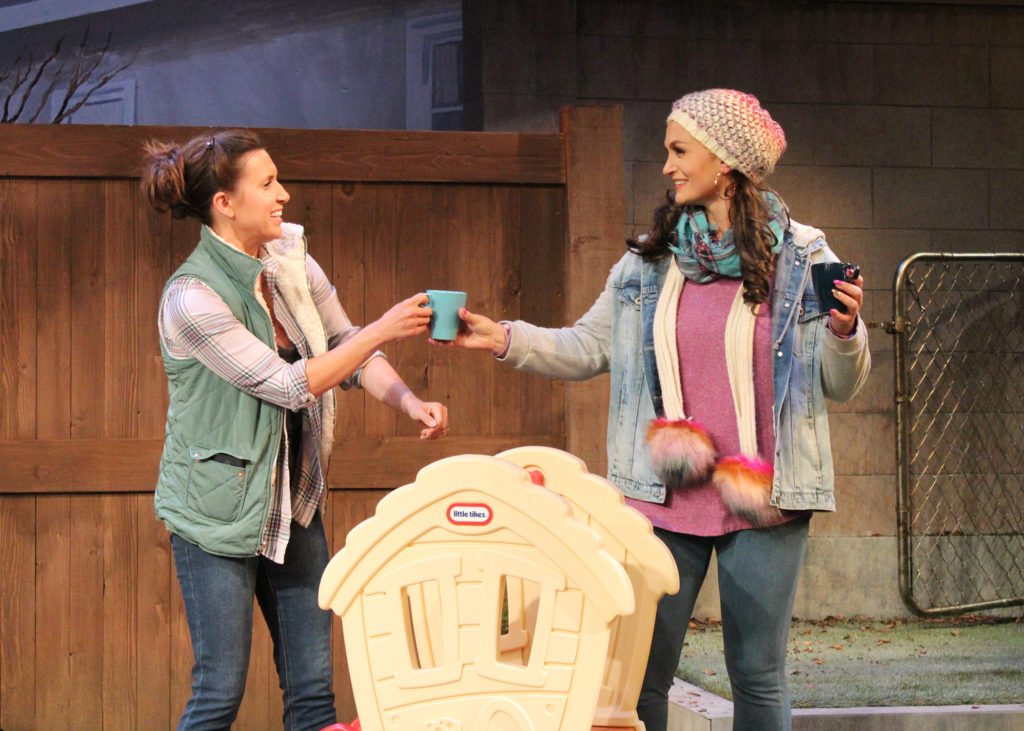
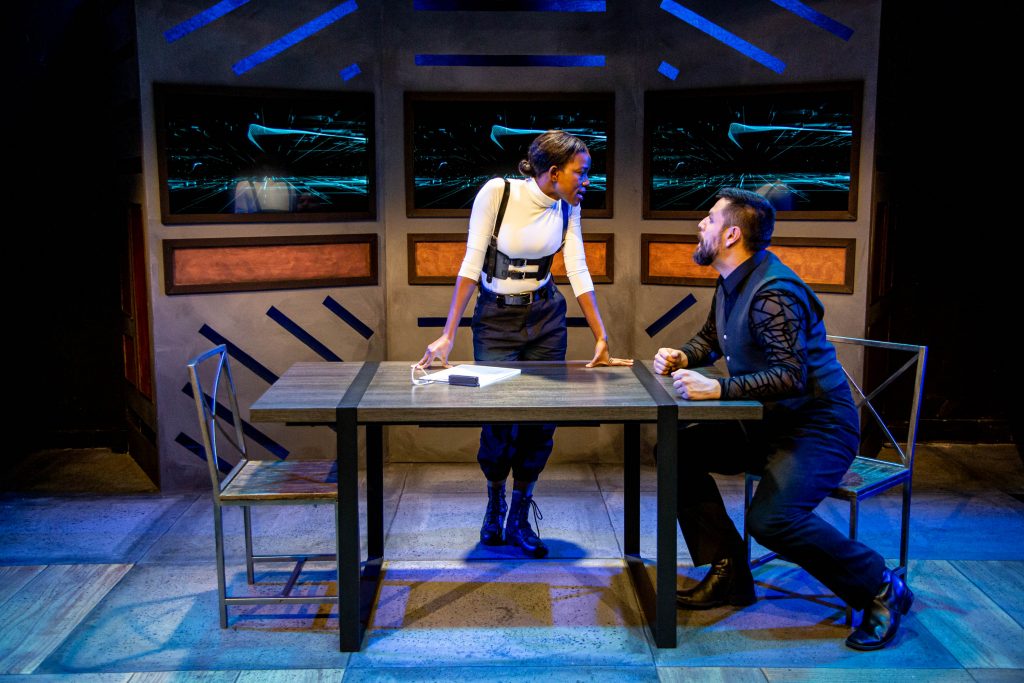
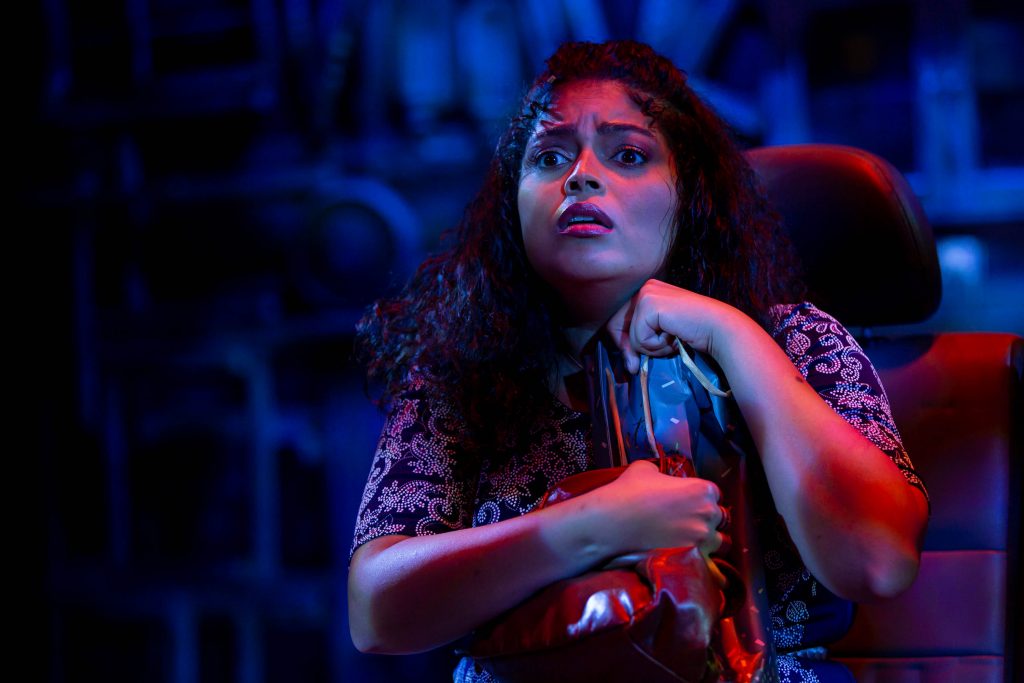
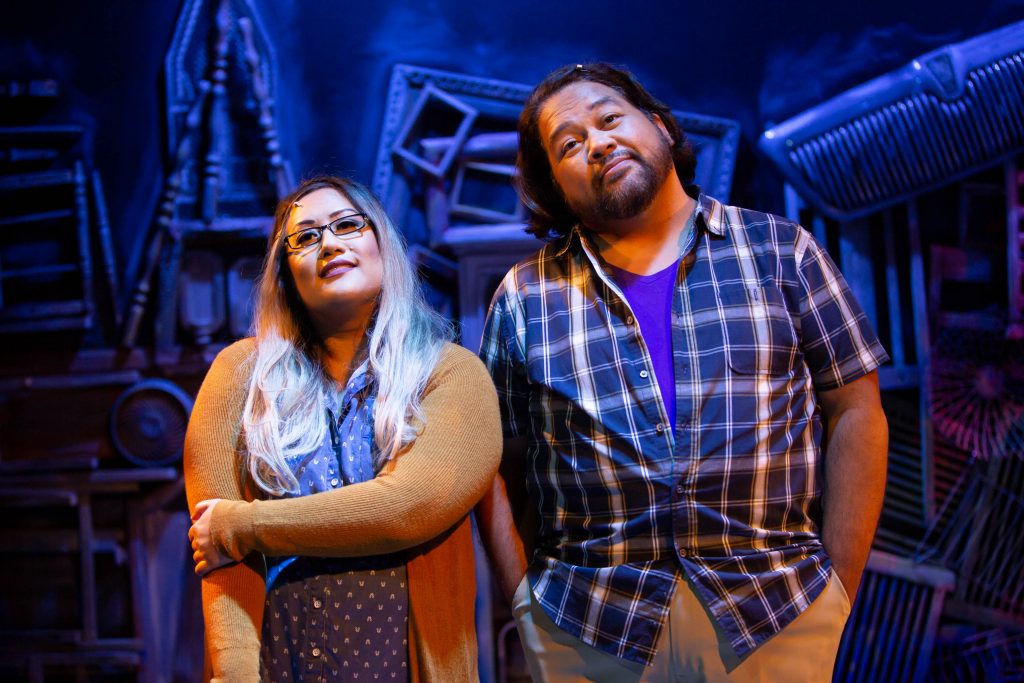
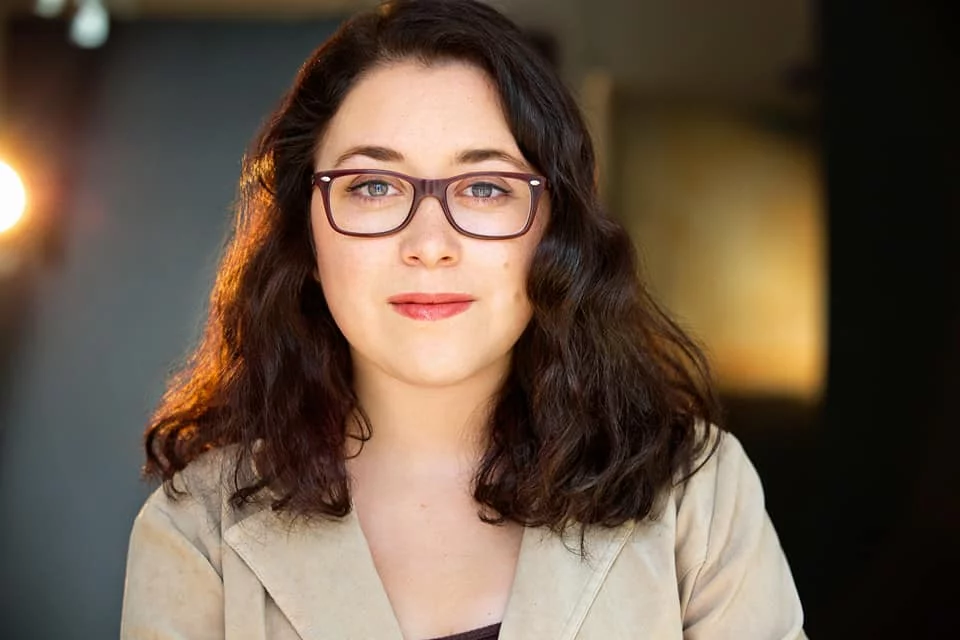
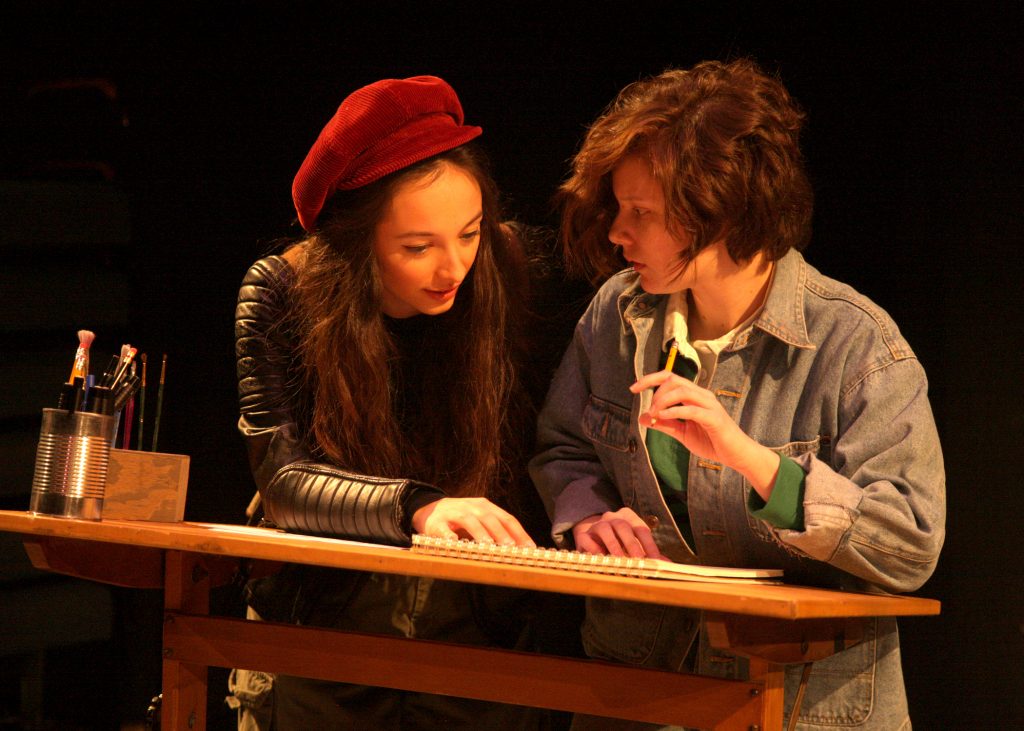
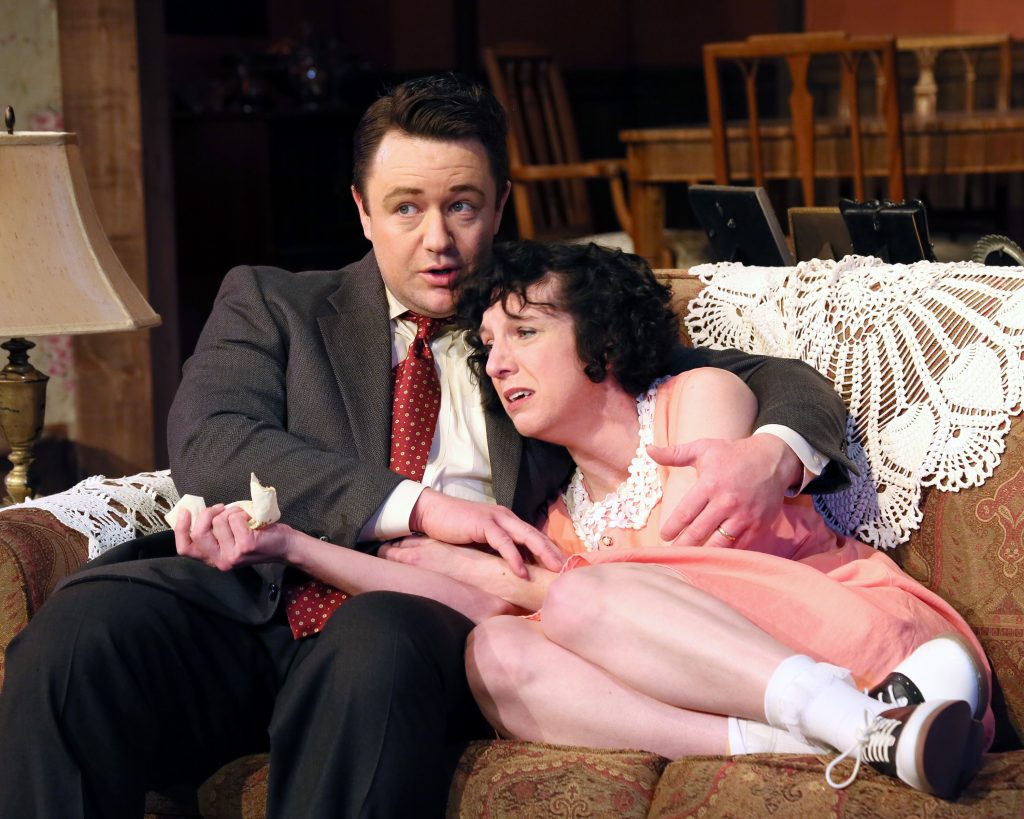

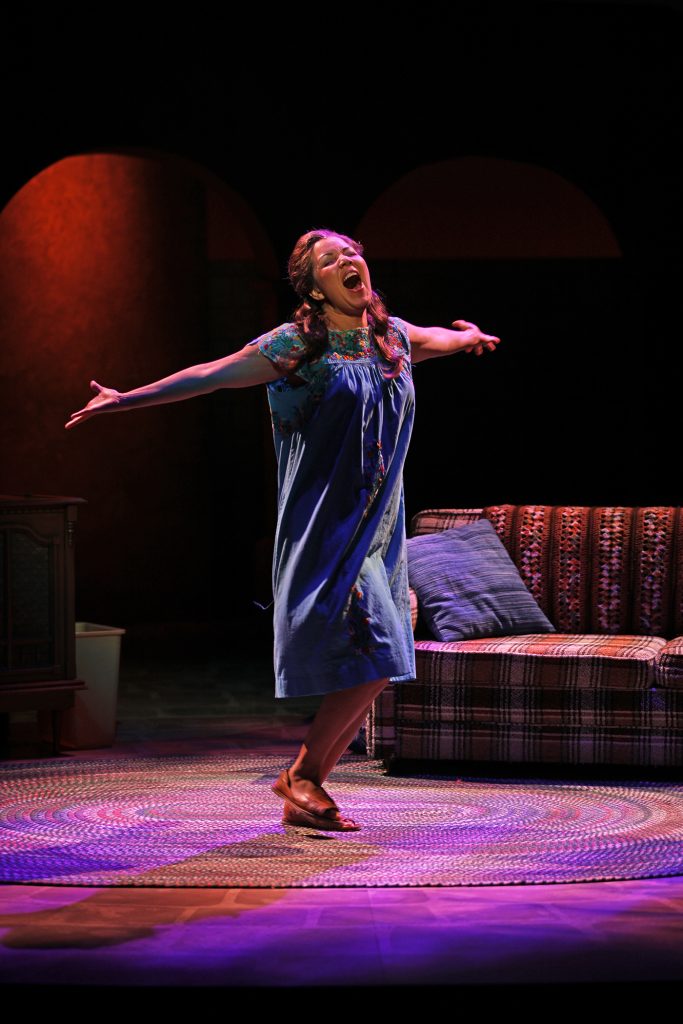
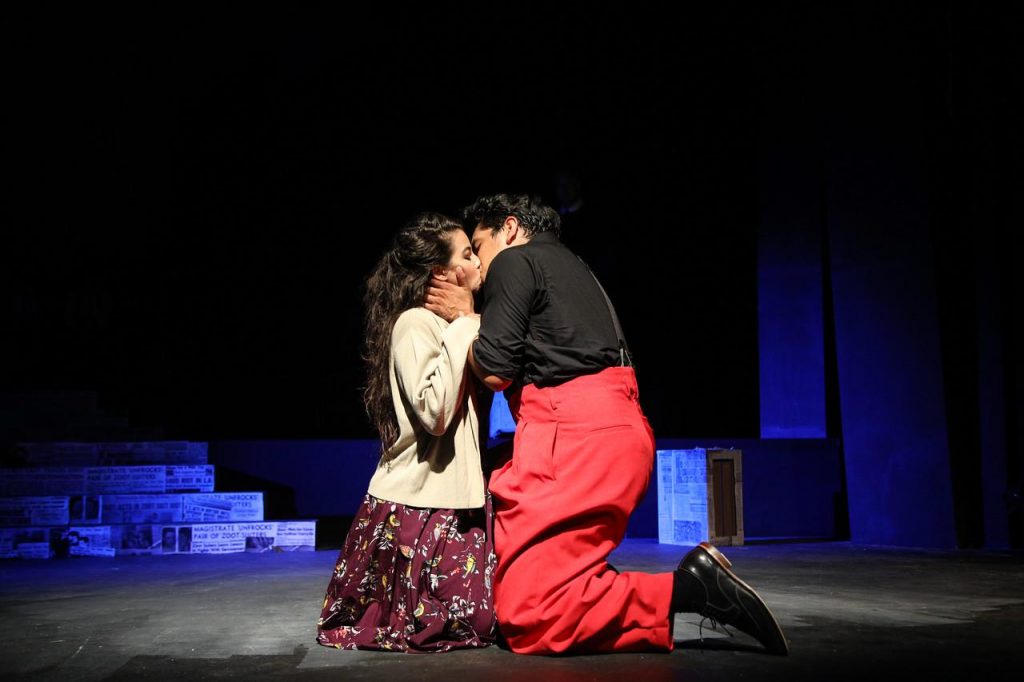
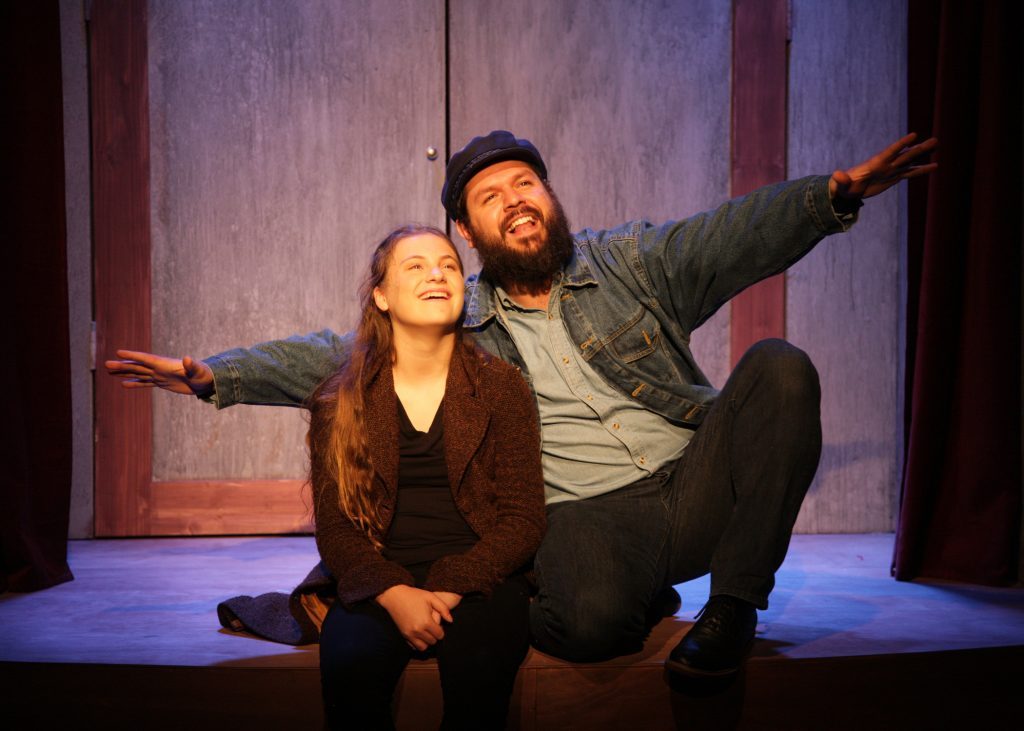
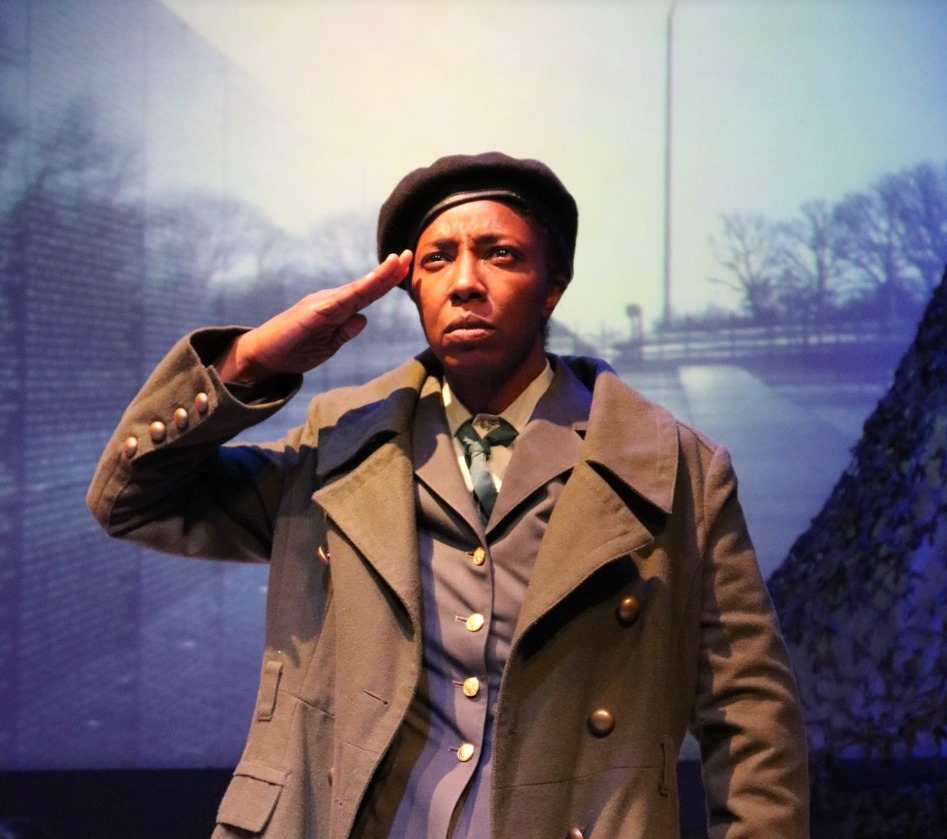
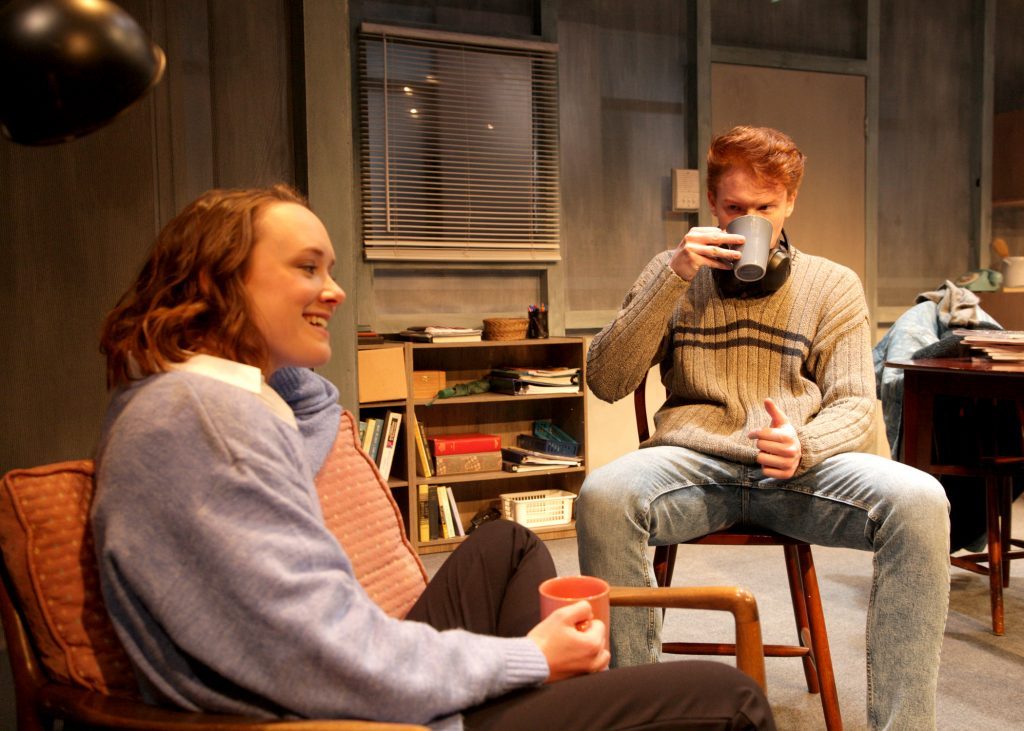
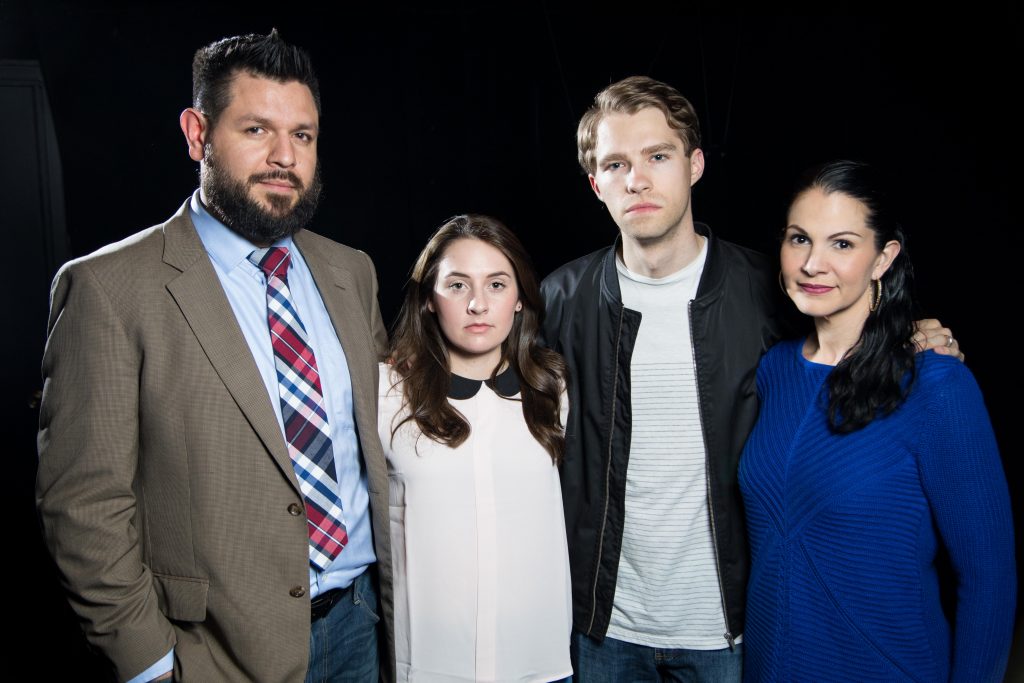
Thank you for the wonderful piece on Grace McLean by Zack Johnston!!